Karma, it spells as "HA, HA, HA" also tell everyone what she said when your mom was sick.
I Refused to Help My Sister When She Got Sick and I Don’t Feel Guilty About It
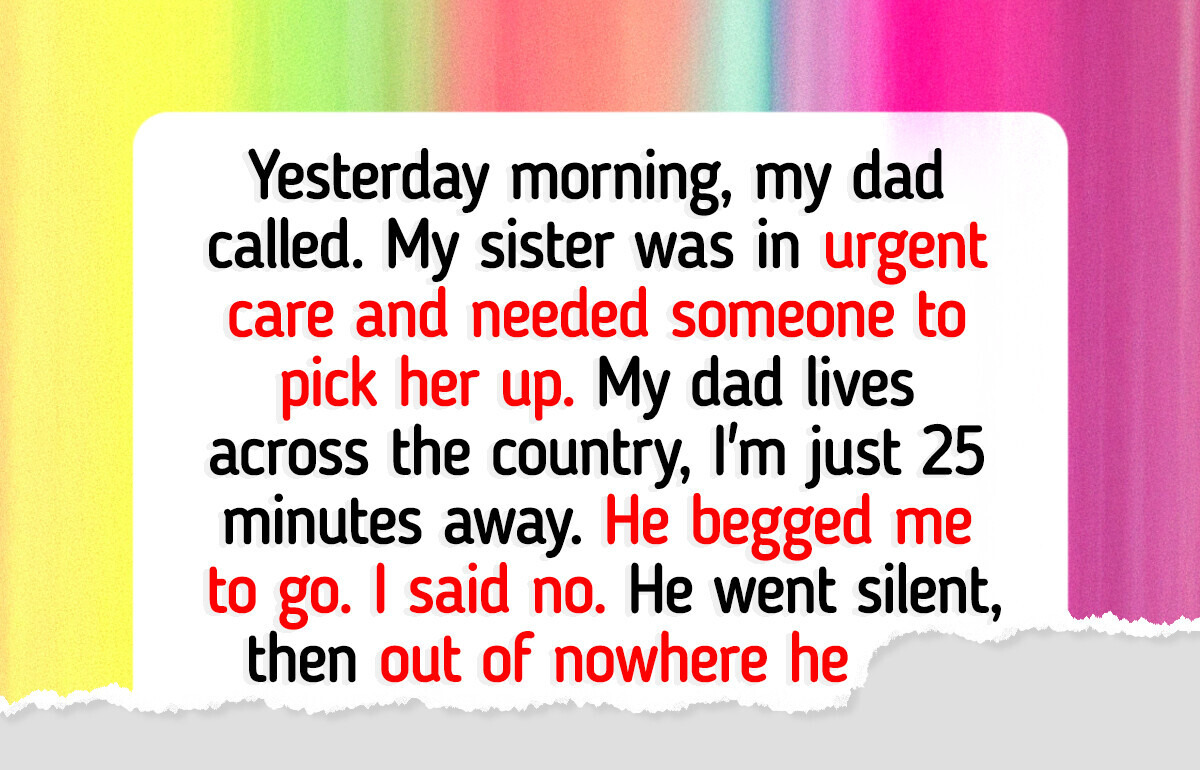
Sometimes, when people go through emotional pain or family conflict, the wounds don’t fully heal—they stay open and hard to recover from. That kind of hidden trauma can affect both mental health and relationships, making someone seem cold or distant, even when others need their help. Today’s story is about that: what looks like a selfish or thoughtless choice on the outside can actually hide a wound that’s still raw on the inside, a reminder of how healing takes time and compassion.
The letter:
Dear Bright Side,
Yesterday morning, I got a call from my dad. My sister (28F) was in urgent care after collapsing at home. She has a chronic illness that’s been getting worse, and apparently, she had no one around to help. My dad lives across the country, and I (26F) live just 25 minutes away.
He begged me to go check on her, said she needed help getting discharged and someone to drive her home. I said no. Not “I can’t.” Just no.
He went quiet, like he couldn’t believe what he’d heard. Then out of nowhere he said, “You are a very cruel person.” I didn’t answer. I hung up.
I sat with it for an hour. The guilt tried to crawl in, but so did the memories. I was 16. Our mom had late-stage cancer. I was the one cooking, cleaning, running between school and the hospital.
My sister was 18, an adult, and still left every night to party with her boyfriend. One night, I called her crying because Mom was bleeding, and I didn’t know what to do. She said, “Not my problem,” and hung up.
I never forgot that. Never got an apology. She spoke at the funeral like she’d been by Mom’s side every second. I wanted to throw up.
By afternoon yesterday, my phone was full of missed calls. My aunt, my dad, even my sister texted saying, “Please. I need help.”
I didn’t reply. I sat in my apartment, ordered takeout, and watched a movie.
It’s not that I want her to suffer. I just don’t want to be the one fixing her life while mine meant nothing to her back then. Can you help me out?
Nicole
We’re sorry to hear your story. While what your sister is feeling isn’t easy, you also have your own reasons and perspective. That said, if you want to reconnect with your family and avoid seeming naive, here are a few suggestions that might help.
Remember the past.
- It’s not “cruel” to say no. You were 16, running yourself ragged while she partied. Remind yourself: you are not responsible for replaying your trauma as her emergency plan.
Ghosting isn’t guilt-free.
- Sitting there ordering takeout while she’s in urgent care is satisfying in the short term, but think: are you sure you want no contact if something serious happens? There’s a middle ground, text a simple “I hope you’re okay” without stepping in. You can survive the reminder and still be human.

She was in Urgent Care; not the ER or hospital. Take a Uber or cab or call a friend. Most people drive themselves to Urgent Care. If you are too sick to check yourself out; you need o be in the ER. Not an emergency.
Call out the hypocrisy.
- She left you to handle your dying mom alone, but now wants help? Totally valid to feel angry.
But if you call her out, do it carefully: “I remember how it was with Mom. I can’t handle being the only support now, but I hope you get help.” It’s a way to set a boundary and confront the past.
Help without giving yourself away.
- You can do something small that doesn’t drain you: send a delivery, call a cab, or alert a nurse. It keeps your karma neutral while keeping the emotional labor away from you. Tiny gestures = zero burnout.
Decide if you want future-you to carry this moment.
- Ten years from now, do you want to look back and say, “I stayed out of it and kept my peace,” or “I stayed out of it, and she died alone in urgent care”? Either choice is valid — but whichever you pick, make sure it’s one you can live with.
Expect backlash.
- Your dad will probably call you cruel again. That’s normal. It stings, but predicting their reactions and preparing a calm, neutral response keeps you from reacting in old guilt patterns.
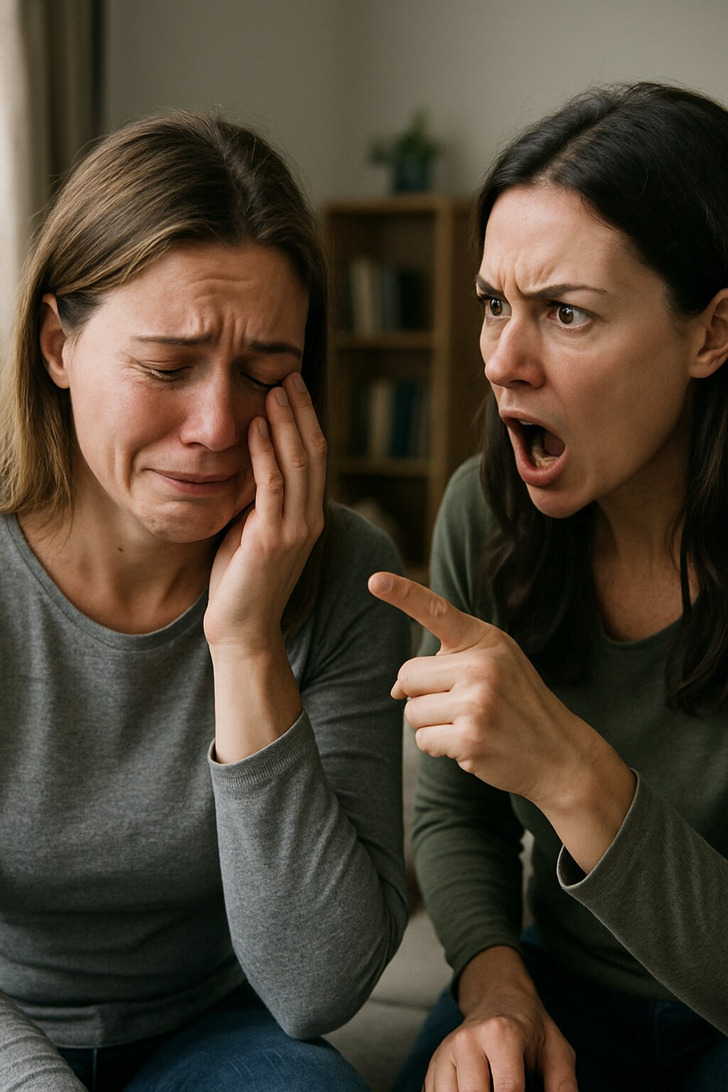
If you do step in, change the rules completely.
- No more “default caretaker” mode. If you give her a ride or help this time, say it plainly: “This is a one-time thing. I will not be your go-to. I’m still hurt about Mom.”
Make it weird, make it uncomfortable, make it real. She owes you an apology before any long-term help even becomes a conversation.
Situations like this are always difficult to navigate, especially between sisters. We have a very similar story about a woman named Emma, who struggled with how to handle her sister’s grief after the tragic death of her teenage son. She ultimately made a very difficult choice. You can read more about it here.
Comments
Hownold are you now? How has the relationship w older sis been since? Maybe she felt guily and partying was her way of dealing w moms passing. Either way, eye for an eye, the whole world goes blind. Toxic is toxic. Maybe a little kindness would go further.
Related Reads
10 Stories That Show Blended Families Can Be Beautifully Complicated
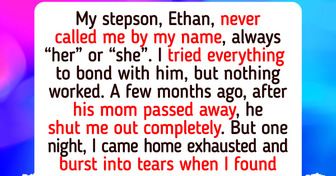
10 True Stories With an Ending So Twisted They Deserve an Oscar
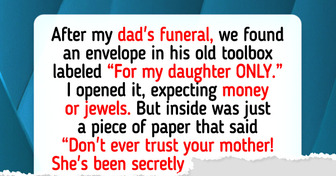
12 Moments That Teach Us to Stay Kind, Even When Life Becomes Heavy
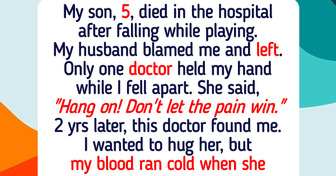
12 Moments Where Quiet Kindness Turned Strangers Into Family
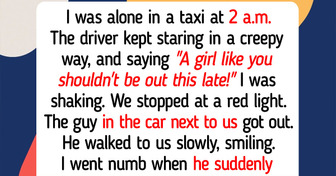
15 Stories That Teach Us to Choose Kindness, Even When the World Goes Blind
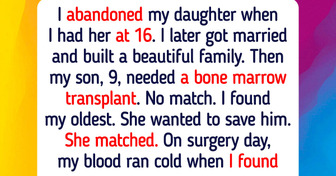
15 Moments That Inspire Us to Be Kind, Even When the World Turns Against Us
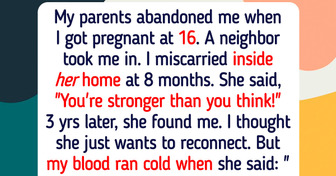
15 Moments That Show Kindness Is Quiet but Changes Everything

12 Life Moments Where Quiet Kindness Played the Main Role

I Funded My Wife’s Luxury Demands—She Made Me Regret Every Penny

16 Stories That Prove Kindness Still Wins in Our Broken World
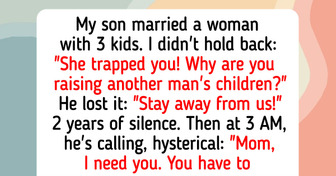
I Refuse to Forgive My Wife for What She Did to My Son

I Refused to Follow My Boss’s Dress Code—HR Had to Step In



